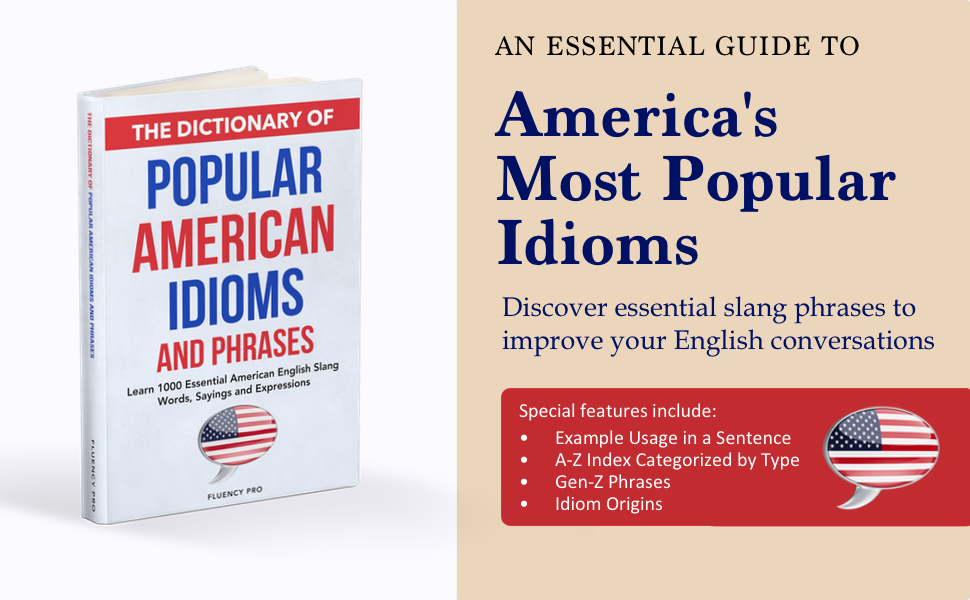Top 10 Common Slang’s In English Language
Slang’s have become an integral part of contemporary English language, providing a unique way of communication. They add color, vibrancy, and an informal touch to our everyday conversations. Whether you’re a language enthusiast or someone looking to improve their conversational skills, it’s essential to familiarize yourself with common slang’s. In this comprehensive guide, we’ll explore some of the most common slang’s you’re likely to come across in the English language.
Slang’s In English Language:
1. Lit
One of the most popular slang’s of recent times is “lit.” It refers to something that’s exciting, excellent, or simply amazing. It’s commonly used to describe a party, event, or even an individual’s personality. For example, “Last night’s party was lit!” or “Her outfit is so lit!
2. Chill
When someone says, “Let’s chill,” they mean they want to hang out in a relaxed and casual manner. It’s a way of suggesting a laid-back activity or spending quality time without any specific plans. “Chill” can also be used as an adjective, meaning to be calm and relaxed, like “He’s a really chill guy.”
3. YOLO
YOLO stands for “You Only Live Once,” and it emphasizes the importance of living life to the fullest. It signifies taking risks, trying new experiences, and embracing opportunities. If someone says “I’m going skydiving, YOLO!” it means they’re ready to seize the moment and enjoy life’s adventures.
4. BAE
A term of endearment, ‘bae’ is an acronym for “before anyone else” or a shortened form of babe or baby. It’s used to refer to a romantic partner, close friend, or even to express affection towards someone. For example, “She’s my bae” or “Hey bae, what are we doing tonight?”
5. FOMO
The Fear Of Missing Out (FOMO) refers to the anxiety or unease one feels when they see others engaging in exciting activities or events, and they are afraid of missing out on the experience. It is often used to describe the sense of urgency to participate in social events or keep up with the latest trends. For instance, “I have serious FOMO watching their vacation pictures.”
6. LOL
LOL is an abbreviation for “laugh out loud.” It’s used to express amusement or indicate something is funny in online conversations, text messages, or social media. Other variations like “ROFL” (rolling on the floor laughing) or “LMAO” (laughing my ss off) are also commonly used to convey a higher level of laughter.
7. Hangry
A combination of “hungry” and “angry,” hangry refers to the irritable or grumpy feeling one experiences due to hunger. It’s a playful term used to describe the state of being simultaneously hungry and angry. For example, “I apologize if I seem hangry, I haven’t eaten all day!”

Credit: www.ciee.org
8. TMI
TMI stands for “Too Much Information.” It’s used when someone shares personal or private details that are considered excessive or inappropriate for the context. People often use this slang in response to a friend revealing details they’d rather not know. For instance, “Okay, TMI, I really didn’t need to hear about your digestive issues!”
9. Gucci
Originating from the popular fashion brand, ‘Gucci’ has now become a slang term used to describe something as good or cool. It’s often used to indicate that everything is going well or that something is of high quality. For instance, “Don’t worry, everything’s Gucci!” or “Your new car is so Gucci!”

Credit: www.amazon.com
10. Savage
When someone is described as ‘savage,’ it means they are witty, sharp-tongued, or exhibit a fierce and unapologetic attitude. It’s a positive slang term used to admire someone’s boldness, particularly during a verbal exchange or on social media. For example, “Her comeback was savage, she really knows how to shut down haters!”
In Conclusion
These slang’s represent a small portion of the vast range of informal vocabulary used in the English language. Incorporating them into your everyday conversations or understanding their meanings will not only help you connect with others but also make your exchanges more lively and engaging. Remember, using slang’s appropriately and in the right context is crucial to effective communication. So, go ahead and embrace the colorful world of slang’s as you navigate the English language.






